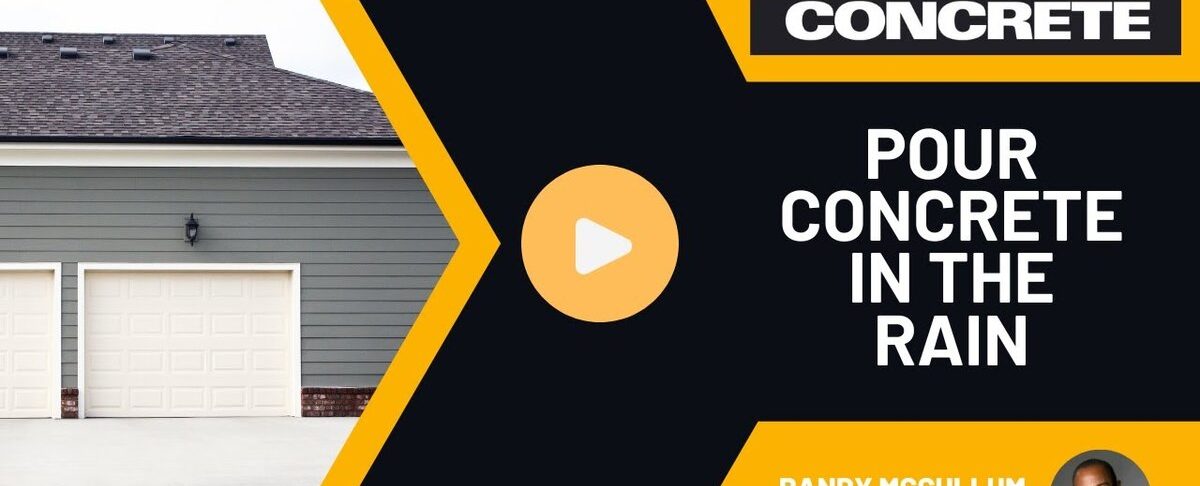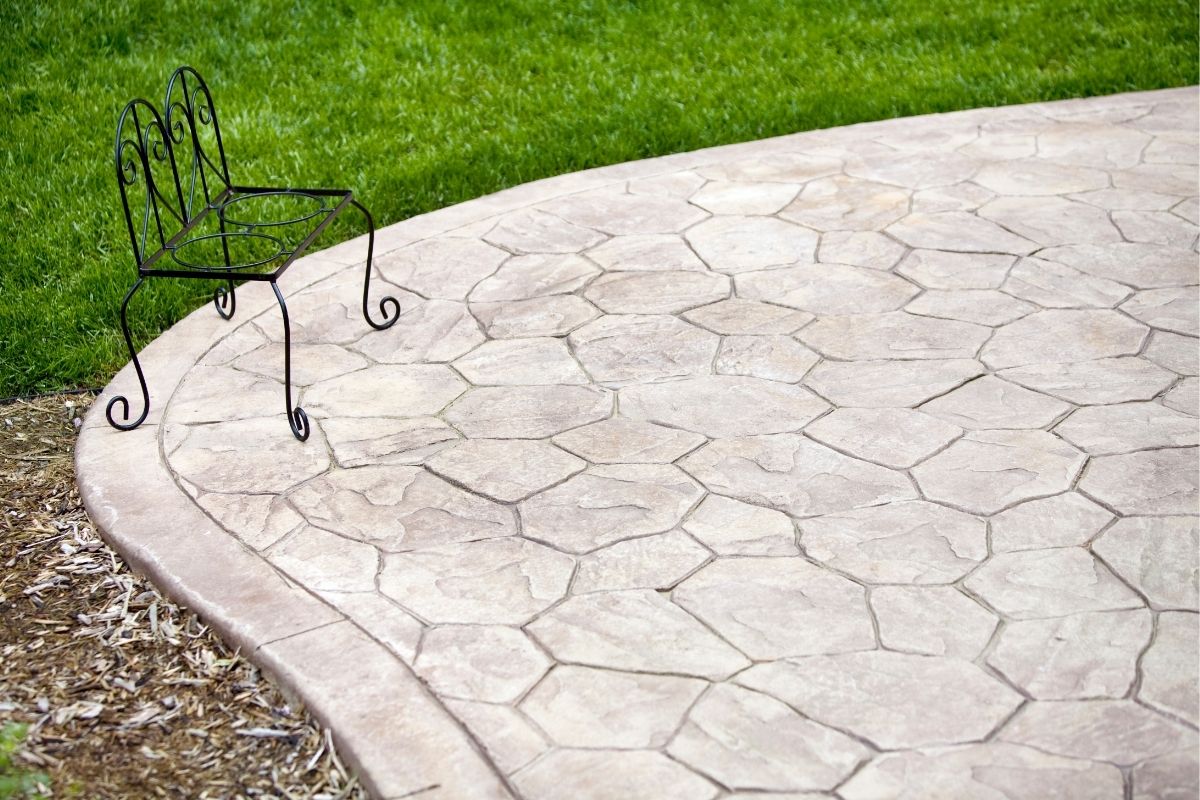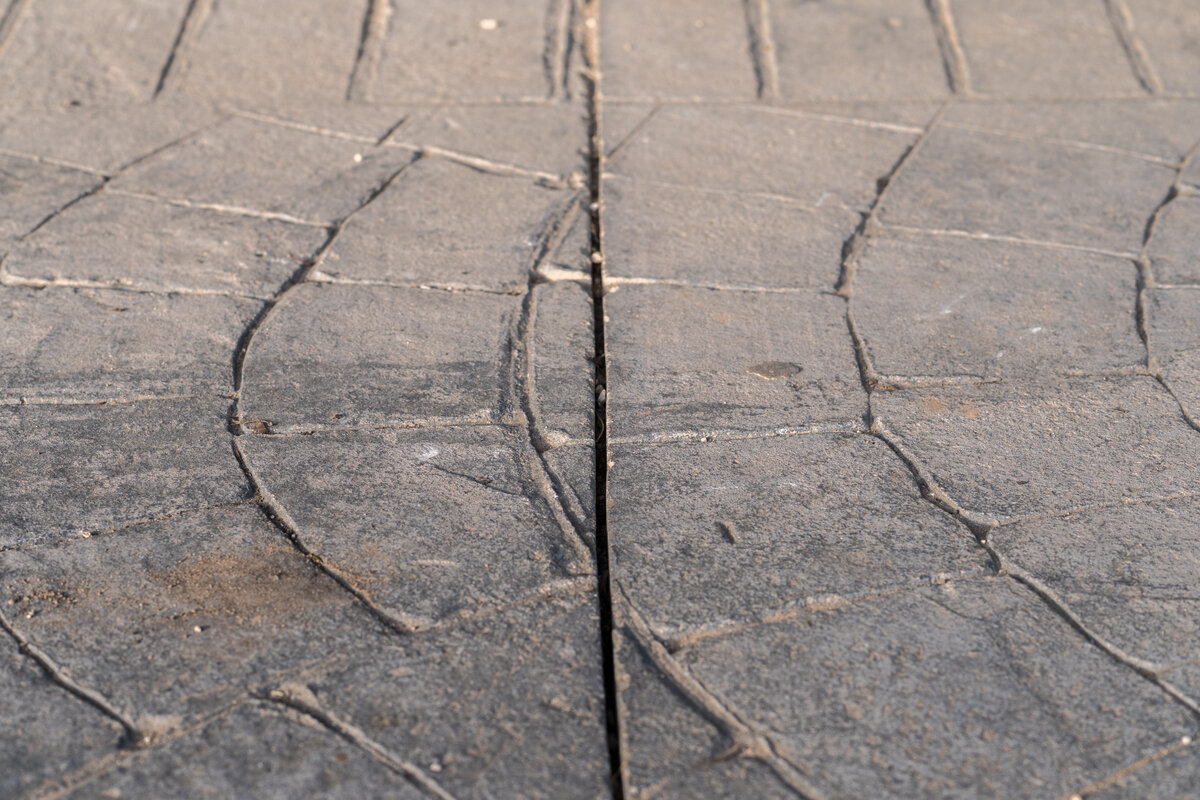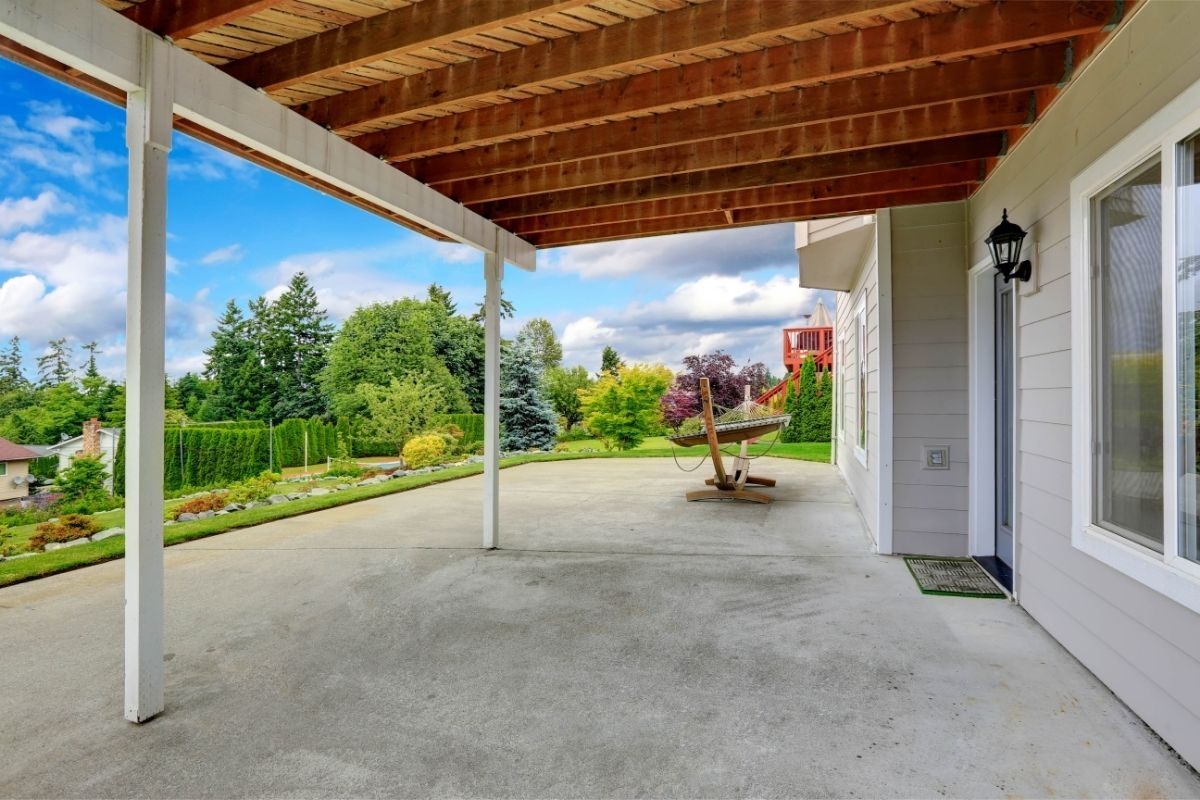You’ve planned your concrete project down to the last detail. The site is prepared, the forms are in place, and the truck is on its way. But then, the sky darkens, and the first drops of rain begin to fall. Panic sets in, and you ask yourself, “Can you pour concrete in the rain?” The answer isn’t a simple yes or no. It depends on various factors, including the intensity of the rain and the steps you take to protect your concrete. In this article, we’ll explore the intricacies of pouring concrete in the rain and provide practical tips on what to do if it starts raining.
Understanding the Impact of Rain on Concrete
Water/Cement Ratio
One of the most critical factors to consider when pouring concrete is the water/cement ratio. Concrete’s strength and durability depend significantly on this ratio. When it rains, excess water can mix with the surface of the concrete, altering the water/cement ratio and making the surface weaker and less durable. This can be particularly problematic during the winter months when the concrete is exposed to freeze-thaw cycles.
Surface Integrity
Rain can also affect the ability to properly close the surface of the concrete. If the surface cannot be adequately finished, it can lead to a rough, uneven texture that compromises the concrete’s integrity. This issue is more pronounced when there’s heavy rainfall, which can wash away the finer particles and create a pitted surface.
When Is it Safe to Pour Concrete in the Rain?
Light Mist vs. Heavy Rain
The severity of the rain is a crucial determinant. In the case of a light mist, pouring concrete might still be feasible. Concrete actually benefits from moisture during the curing process, so a light mist can help rather than hinder. However, it’s essential to monitor the weather closely. If you’re confident that the rain won’t intensify and disrupt the surface, you can proceed with your pour.
Contractor Confidence
As a contractor, your experience and judgment play a significant role. If you feel assured that the rain won’t negatively impact the surface finish, then it may be safe to pour. Always have a plan in place to protect the freshly poured concrete from sudden downpours.
What to Do if it Starts Raining
Immediate Actions
If rain starts unexpectedly during your concrete pour, quick action is necessary. Cover the area with plastic sheeting or tarps to shield the concrete. Ensure the covering is secure and won’t blow away in the wind. This can prevent excess water from mixing with the surface and maintain the integrity of the pour.
Post-Rain Procedures
After the rain has subsided, inspect the concrete surface for any signs of damage or weakness. If the surface appears compromised, additional finishing might be required. In some cases, it might be necessary to remove the affected section and re-pour.
Best Practices for Pouring Concrete in Rainy Conditions
Pre-Pour Preparations
- Check the Weather Forecast: Always check the weather forecast before planning your pour. If there’s a high chance of rain, consider rescheduling.
- Have Protective Measures Ready: Keep tarps, plastic sheeting, and other protective materials on hand to quickly cover the concrete if needed.
- Seal the Edges: Ensure that the forms are well-sealed to prevent water from seeping in at the edges.
During the Pour
- Monitor the Weather: Keep a close eye on the weather throughout the pour. Be prepared to stop and cover the concrete at a moment’s notice.
- Use a Low Water/Cement Ratio: Opt for a mix with a lower water/cement ratio to minimize the impact of any additional water from rain.
Conclusion
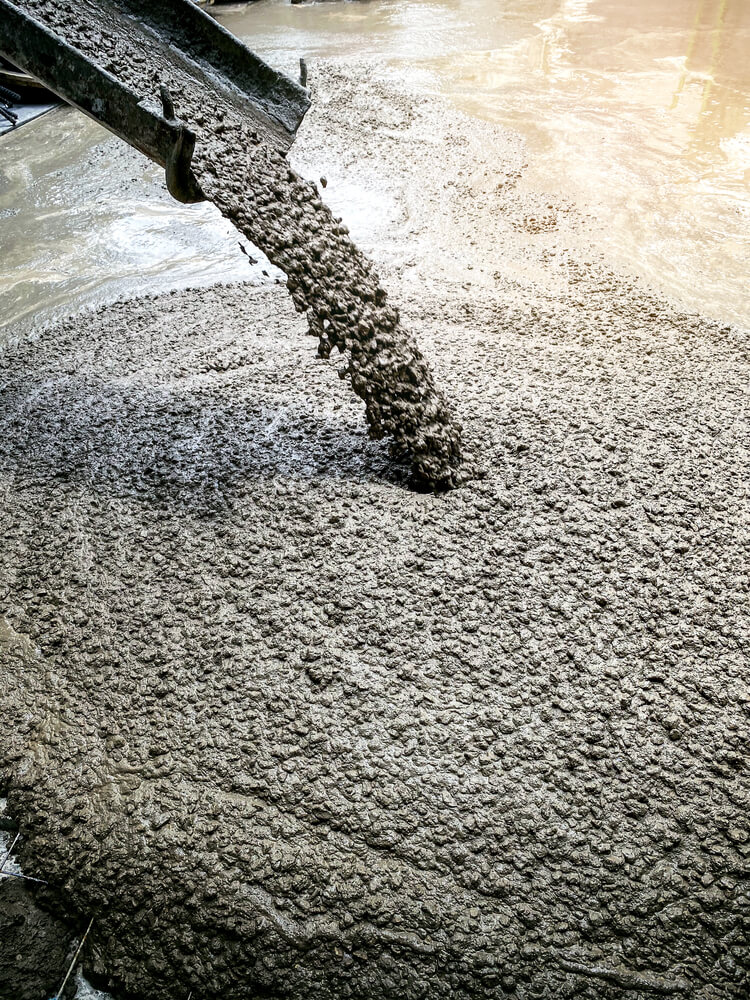
So, can you pour concrete in the rain? The answer is a conditional yes. Light mist and well-managed conditions may allow for a successful pour, but heavy rain poses significant risks to the integrity of the concrete. Always prioritize the water/cement ratio and take immediate protective measures if rain begins unexpectedly. By following these guidelines and using your judgment, you can navigate the challenges of pouring concrete in rainy weather and ensure a durable, high-quality result. For more advice and professional concrete services, contact Richfield Concrete today.




